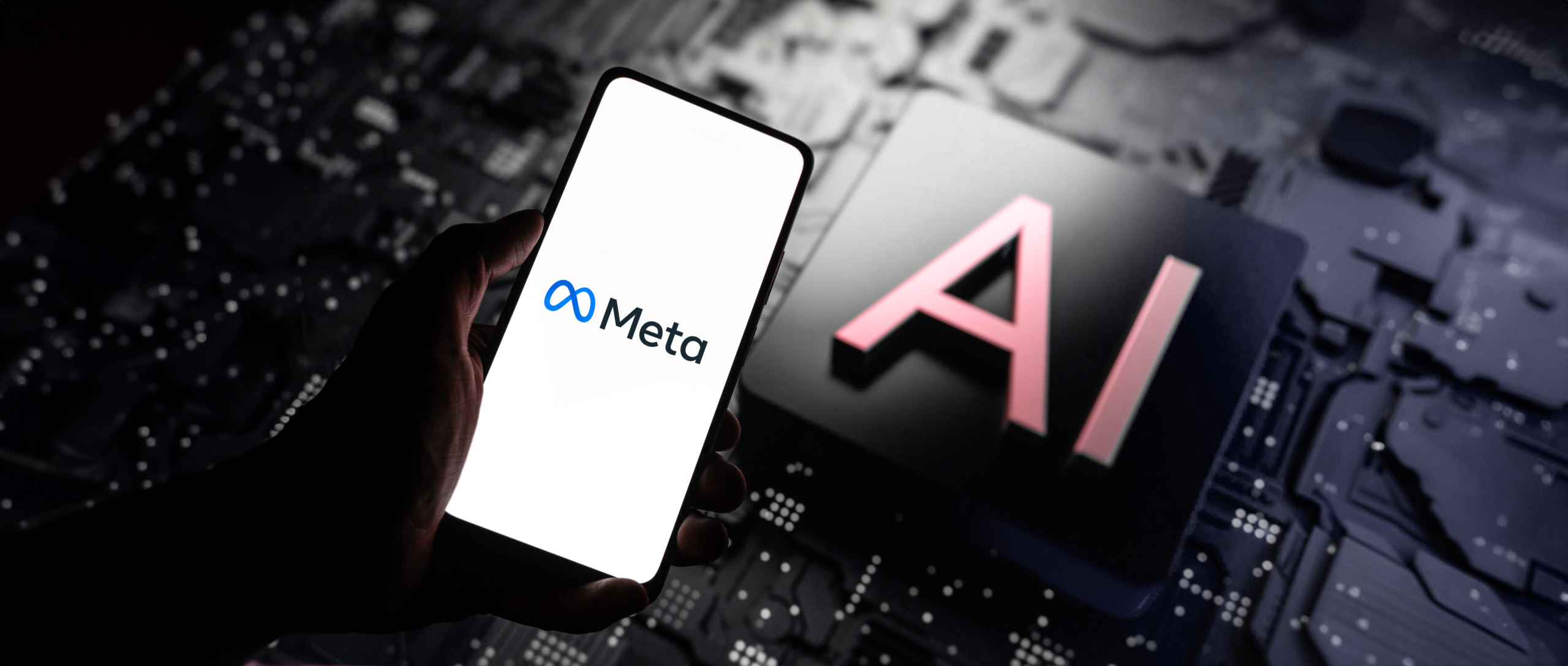AI or artificial intelligence is the new buzz word in the recruitment world. Ironically, many believe that artificial intelligence is on the way of solving the problems of human capital management. Others disagree, claiming that AI is and will continue facing certain limitations especially when it comes to personalisation. Let’s look into some of these polarised opinions and see what AI-powered technology means for the future of jobs.
The Benefits Of Using AI For Recruiters
- Automating high-volume tasks
AI-powered technology can be a huge time saver on repetitive tasks such as screening resumes and scheduling interviews with candidates, considered the most time-consuming part of recruiting. Automating this part of the process allows recruiters to spend time on they are best at — interviewing potential candidates.
- Programmatic advertising makes job ads more targeted and effective
It is not all about automating high-volume tedious tasks, though. Programmatic advertising is on the rise, too, and many believe that recruiters need to embrace it soon or they’d face losing out. Essentially, programmatic advertising gives you the ability to place highly targeted ads in front of the right people at exactly the right time, based on their browsing history and online activity.
- Drastically Changing The Way Employers Find Candidates
AI is also dramatically changing the way candidates seek work and employers discover them. The ability of AI to use data to standardise the matching between candidates’ experience, knowledge, and skills and the requirements of the job is benefiting recruiters’ work, to say the least. Shorter time to hire and no disruption of their workflow are only the top of the iceberg. And the numbers speak for themselves — according to an Ideal article: “Early adopter companies using AI-powered recruiting software have seen their cost per screen reduced by 75%, their revenue per employee improve by 4%, and their turnover decrease by 35%.”.
- AI has the power to fight human bias
‘The positive part of this is that we can standardize our processes to better and more objectively assess a candidate’s ability and skills while removing the inherent biases found throughout the sourcing and selection process.’ – Katrina Kibben, Randstad (source: Ideal)
- AI Technology Provides Data and Insights
Here is how Alan Walker, Co-founder at TheTalentFinders, sees the benefits of AI-powered recruitment technology for providing rich candidate data and insights: “Great recruitment technology can provide access to data from hundreds of thousands of recruitment campaigns, across multiple sectors, role types, geographies and skill sets. It should give insight into what has worked and what hasn’t, and predict – with the accuracy gained from millions of data points – what is likely to work in the future.”
The Challenges Of Applying AI In Recruiting
- AI requires a lot of data
AI requires a lot of data to learn how to accurately mimic human intelligence and accumulating all that data takes time and technology maturity. Unless there is a sufficient benchmark record in a combination with quickly self-learning mechanism, AI technology will quickly start lagging behind.
- Automation vs. Personalisation
Understandably, recruiting and talent acquisition leaders can be skeptical of any technology that promises to make their jobs easier, wanting to be sure that any software that will automate one of their work tasks is going to be able to do as good of a job as they can: “I believe that although the general consensus appears to be shifting to automation of processes within recruitment. I think the opposite is needed for successful marketing and more personalised strategies of selling company culture. Next to that, genuine employee experiences will really sell a company to candidates who are shopping around for the best fit for them in a market that is experiencing a skills shortage.”, says Lauren Sears – Recruitment Officer @ Xinlung Group (source: Insights 2018)
What's next?
Recruitment as we know it is already transforming and we’ll see new roles emerging as a result of the growing role AI-powered technology plays nowadays. One thing is certain, though, and it is that there is a huge potential in using AI for recruiting and so recruiters should look into ways of benefiting from it in their daily work.
Want to learn more on how VONQ’s solutions can help you shorten your Time-to-Applicant? Our experts are here to help!










